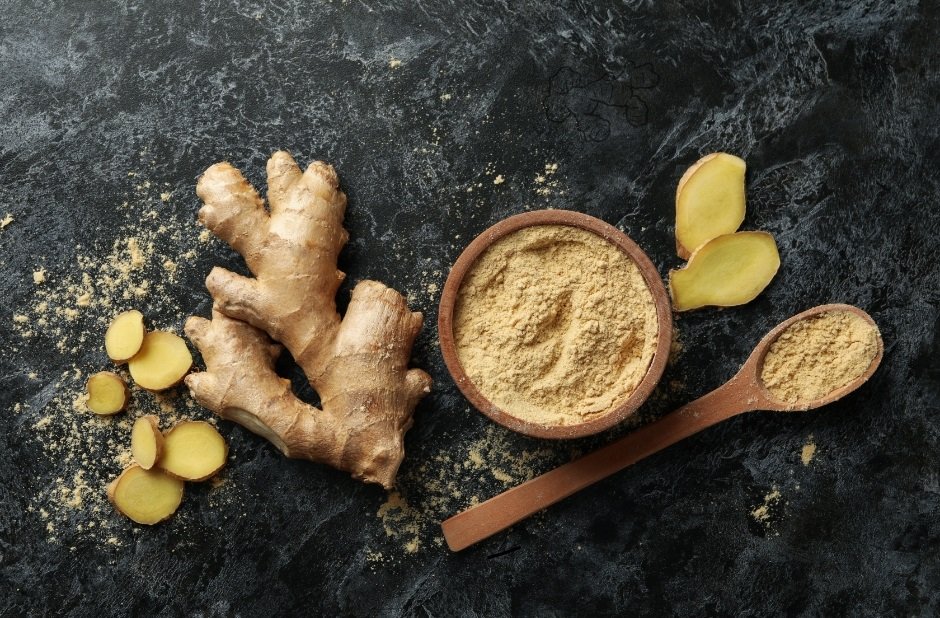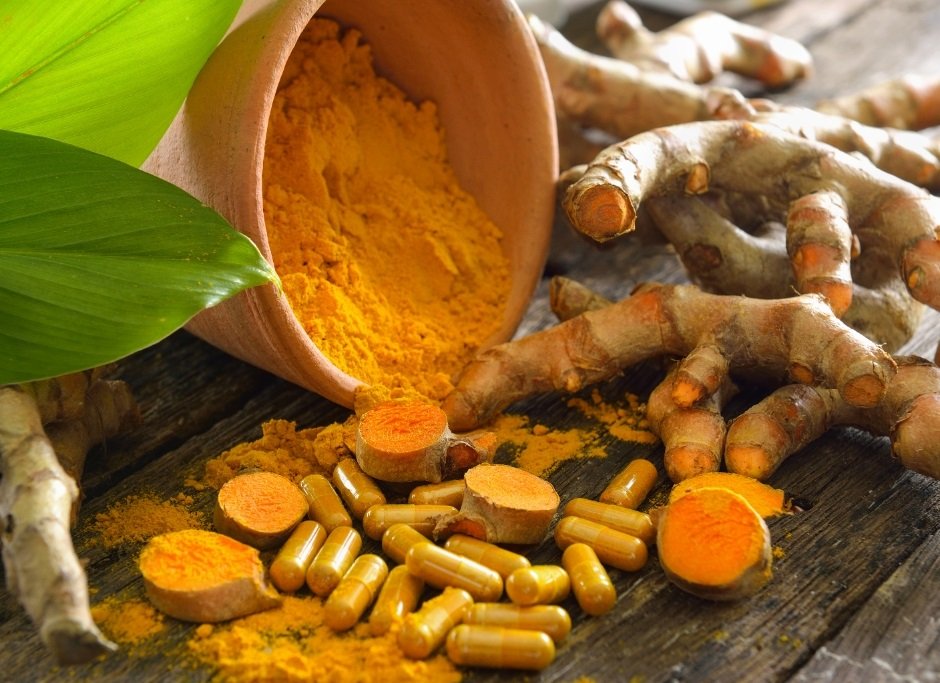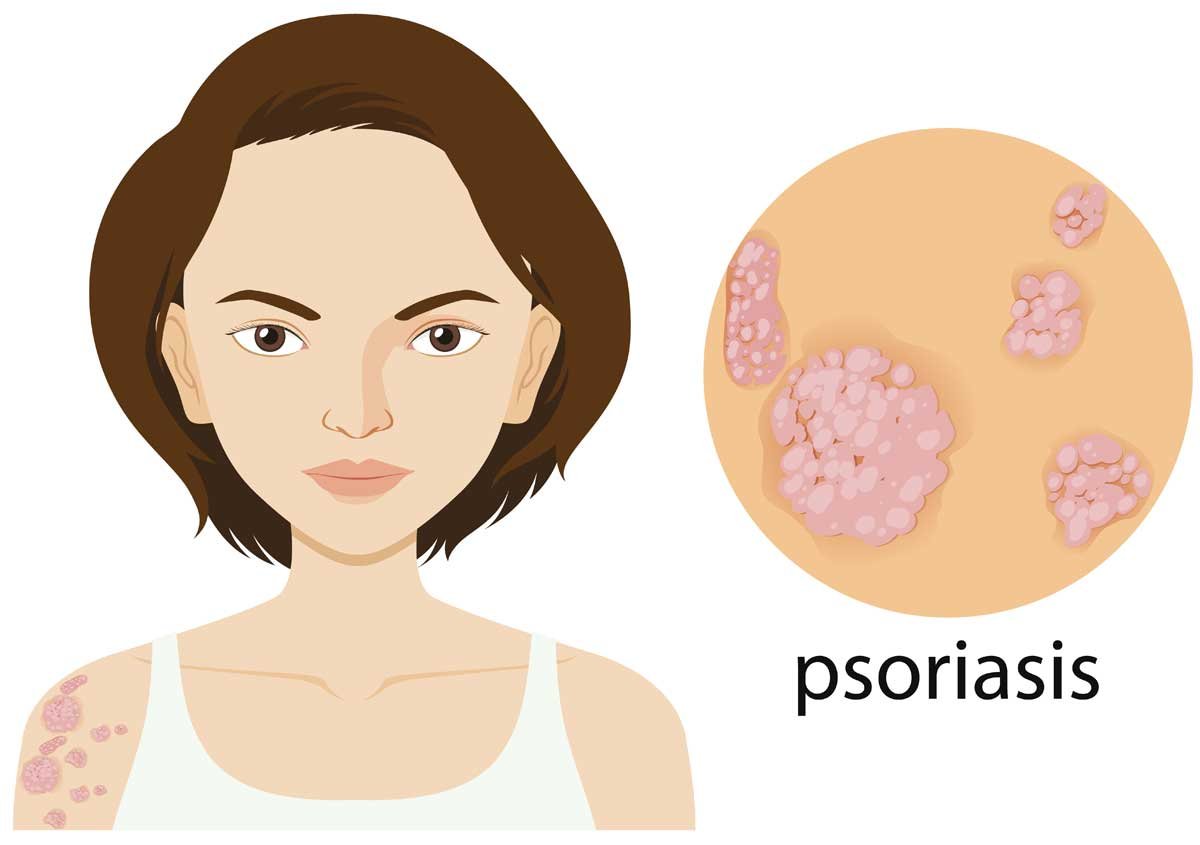Ayurvedic Solutions for Psoriasis Treatment
Psoriasis, a chronic skin condition, can significantly impact quality of life. In the realm of traditional medicine, Ayurveda, the ancient healing system of India, offers a holistic approach to the treatment of psoriasis. This guide explores Ayurvedic principles and practices to manage psoriasis and promote skin health.
Understanding Psoriasis in Ayurveda
In Ayurveda, psoriasis is often associated with an imbalance in the body’s doshas: Vata, Pitta and Kapha. According to Ayurvedic philosophy, psoriasis is considered a result of aggravation of Pitta dosha, which causes skin inflammation and rapid cell renewal.
Ayurvedic Lifestyle Recommendations
Ayurveda emphasizes the importance of holistic lifestyle practices to manage psoriasis:
- Dosha Balancing: Personalized lifestyle adjustments to balance the dominant dosha, often involving dietary changes and stress management.
- Regular exercise: Incorporate gentle exercises such as yoga or walking to improve general well-being and balance doshas.
- Adequate rest: Prioritize sufficient sleep to support the body’s natural healing processes.
Ayurvedic Dietary Guidelines
Ayurvedic nutrition plays a crucial role in the treatment of psoriasis:
- Pitta-pacifying diet: emphasizing fresh, hydrating foods to counteract the heat associated with Pitta aggravation.
- Infusions: Consume infusions with anti-inflammatory properties, such as neem or turmeric tea.
- Avoid trigger foods: Identify and eliminate foods that can trigger inflammation, such as spicy and acidic foods.
Ayurvedic Herbal Remedies
Ayurveda incorporates several herbs known for their skin healing properties:
- Neem: Known for its anti-inflammatory and antimicrobial properties, neem is often used topically or internally.
- Turmeric: A powerful anti-inflammatory and antioxidant, turmeric can be taken internally or applied as a paste.
- Aloe Vera: Known for its cooling and calming effects, aloe vera gel is commonly used topically.
Ayurvedic Detox Therapies
Ayurvedic treatments usually include detoxification methods to eliminate toxins:
- Panchakarma: Series of therapeutic procedures to purify the body, including massages, herbal steams and internal cleansing.
- Swedana (Sweating Therapy): Induce sweat through herbal steam to expel toxins and balance doshas.
Stress Management in Ayurveda
Ayurveda recognizes the link between stress and psoriasis flares:
- Meditation and Breathing Techniques: Practices such as meditation, Pranayama (breath control) and mindfulness to manage stress.
- Herbal Adaptogens: Incorporation of adaptogenic herbs such as Ashwagandha to improve the body’s resistance to stress.
Ayurvedic External Therapies
Topical treatments play a vital role in Ayurvedic psoriasis treatment:
- Herbal Pastes and Oils: Custom blends of herbs and oils applied topically to relieve inflammation and nourish the skin.
- Ayurvedic baths: Add specific herbs or oils to the bath water to soothe the skin and promote healing.
Consultation with Ayurveda Practitioners
Individualized guidance from an Ayurvedic practitioner is crucial:
- Pulse Diagnosis (Nadi Pariksha): Traditional pulse diagnosis to understand the body’s unique imbalances.
- Personalized Treatment Plans: Ayurvedic professionals create personalized treatment plans based on an individual’s constitution and imbalances.
Remarks
Ayurveda, with its holistic and individualized approach, provides a unique perspective on the treatment of psoriasis. While Ayurvedic practices can be beneficial, it is essential to consult with qualified professionals for personalized guidance. Integrating Ayurvedic principles into your lifestyle can not only address the symptoms of psoriasis but also promote overall well-being and balance of the body.













